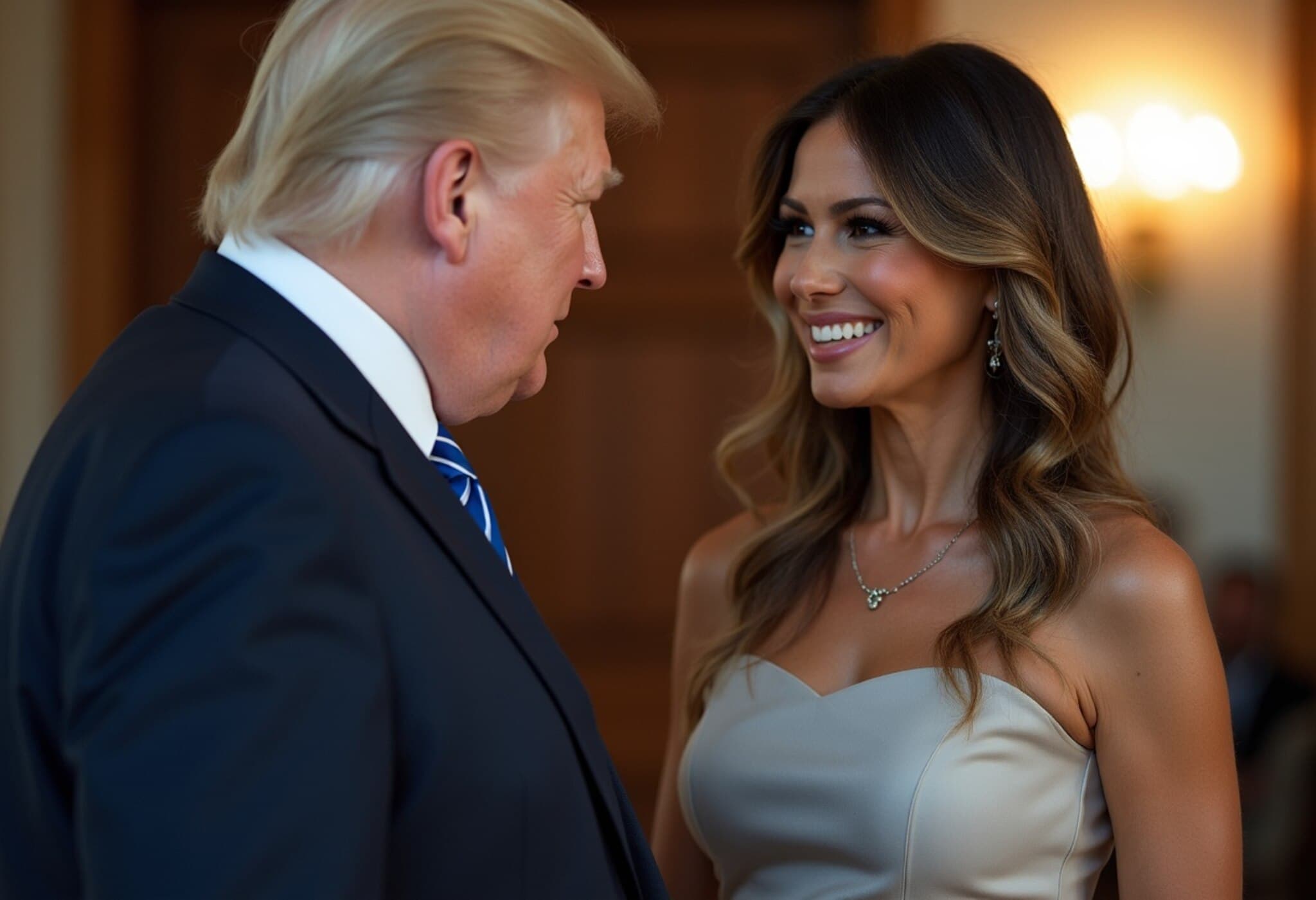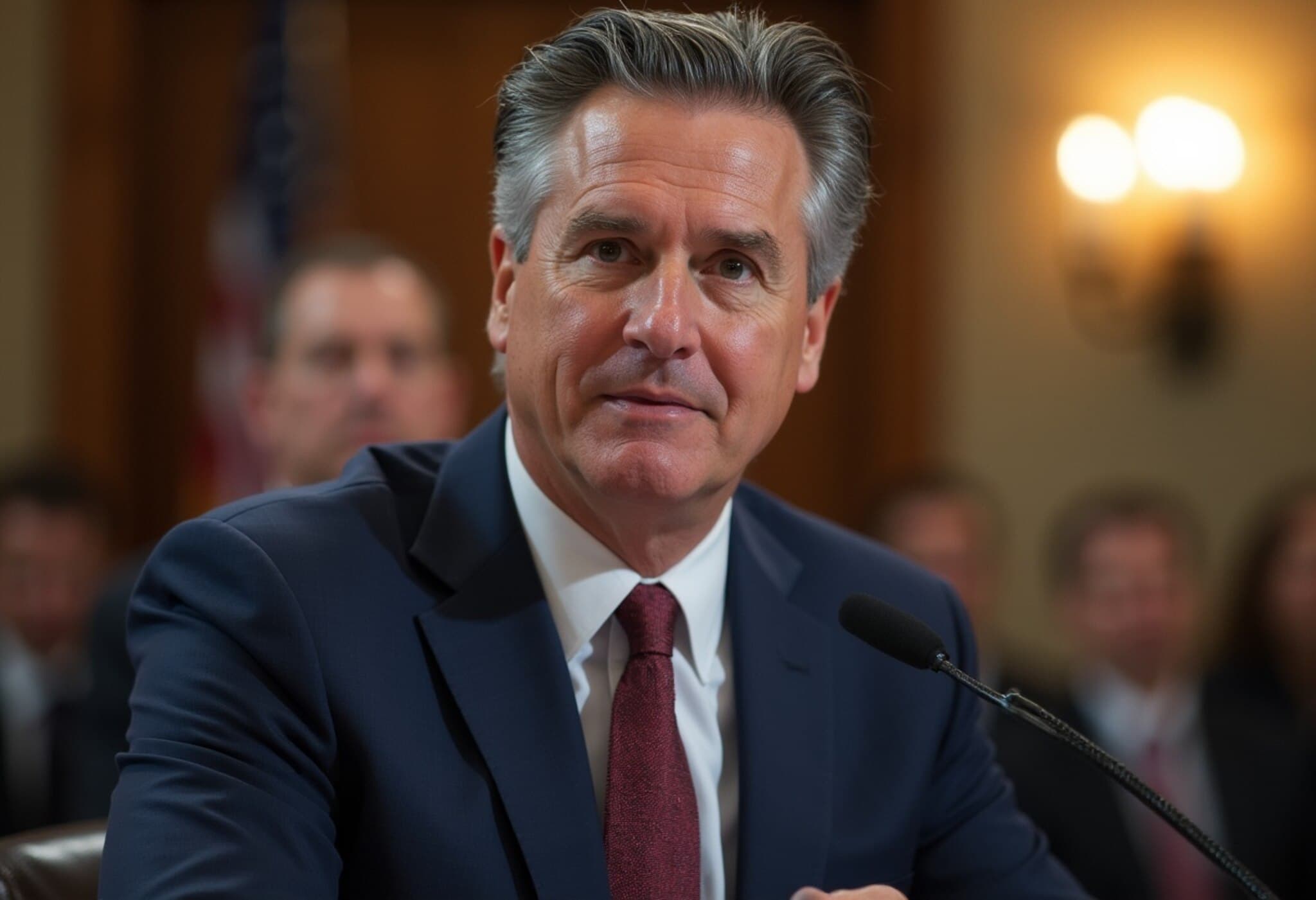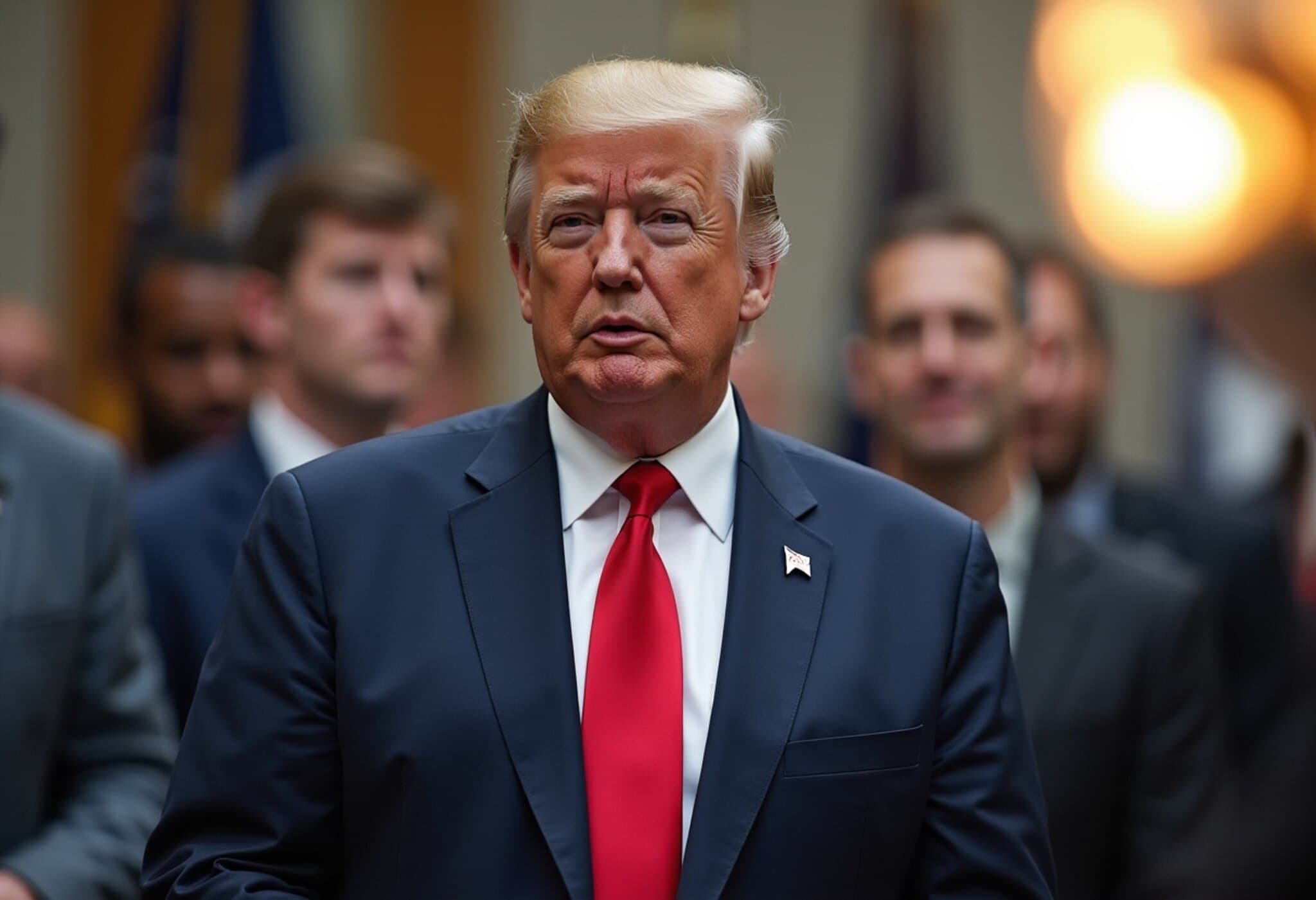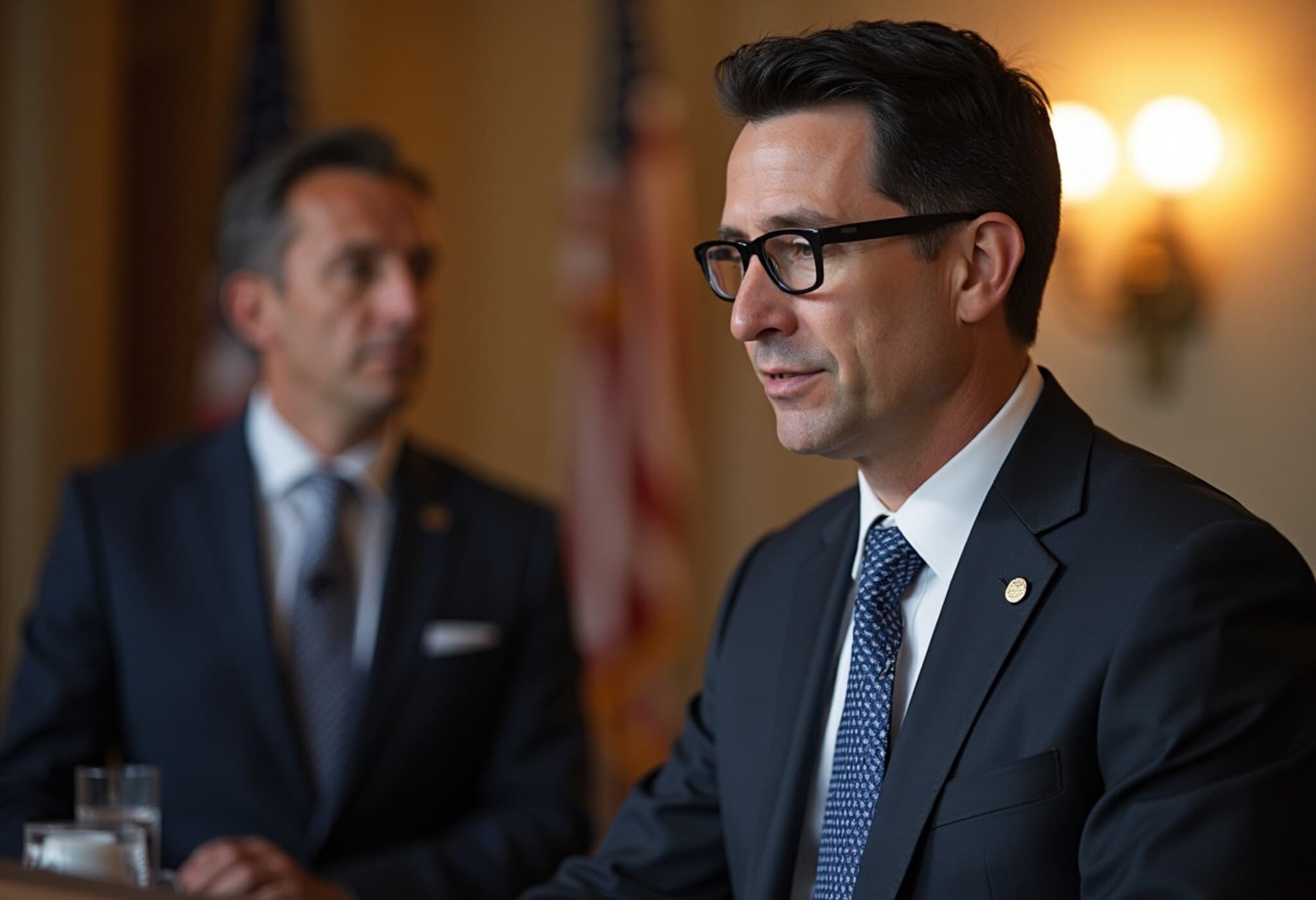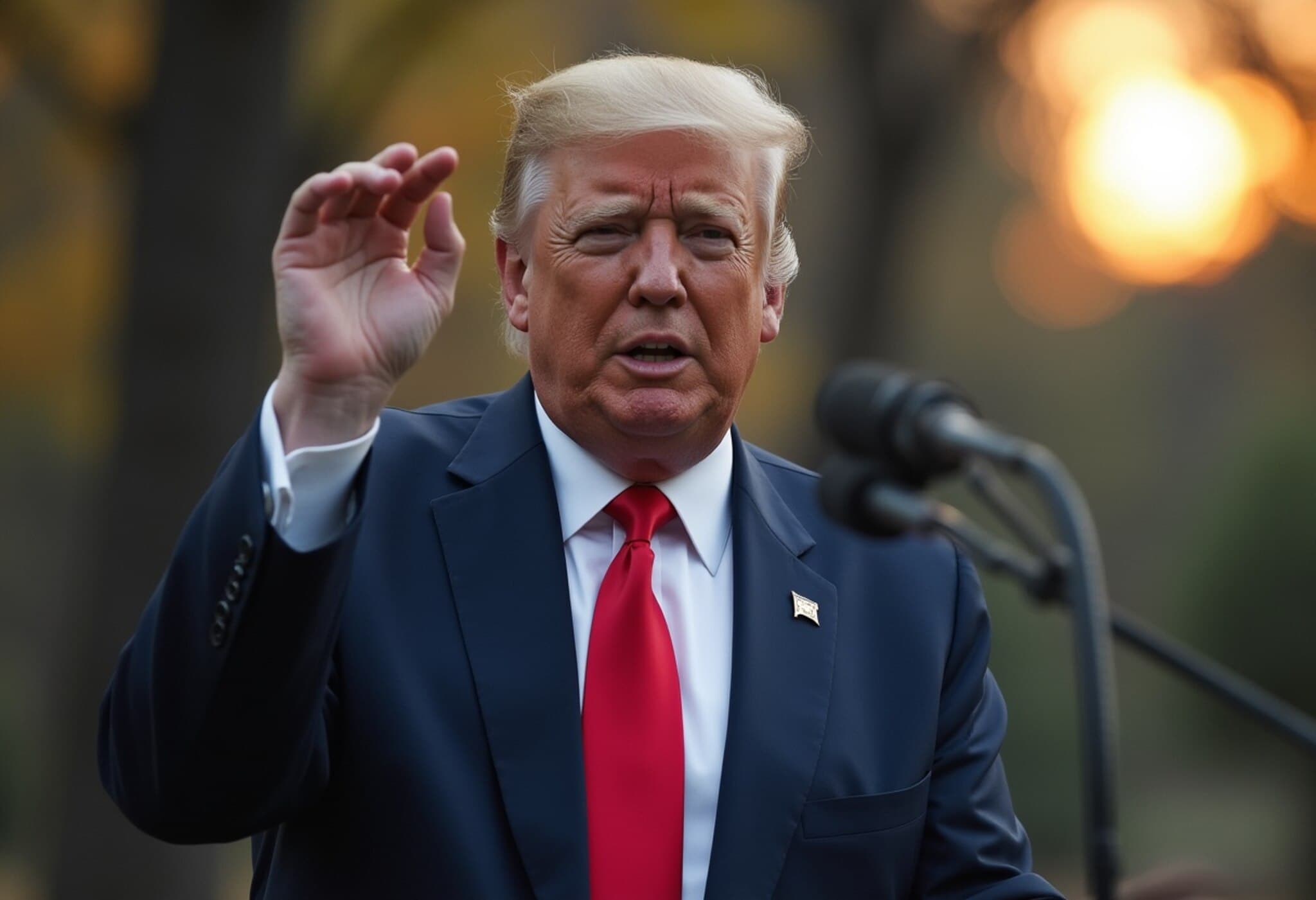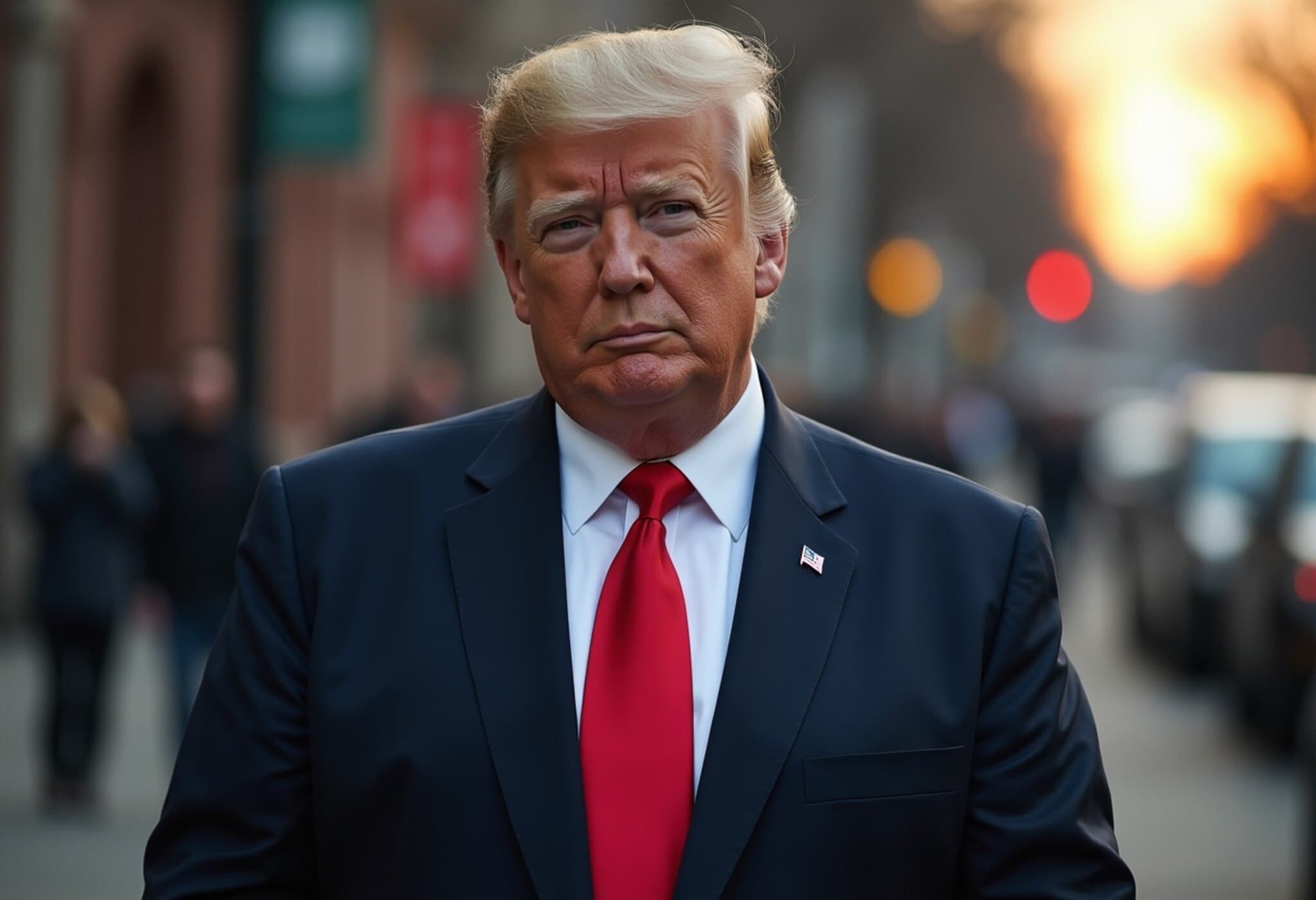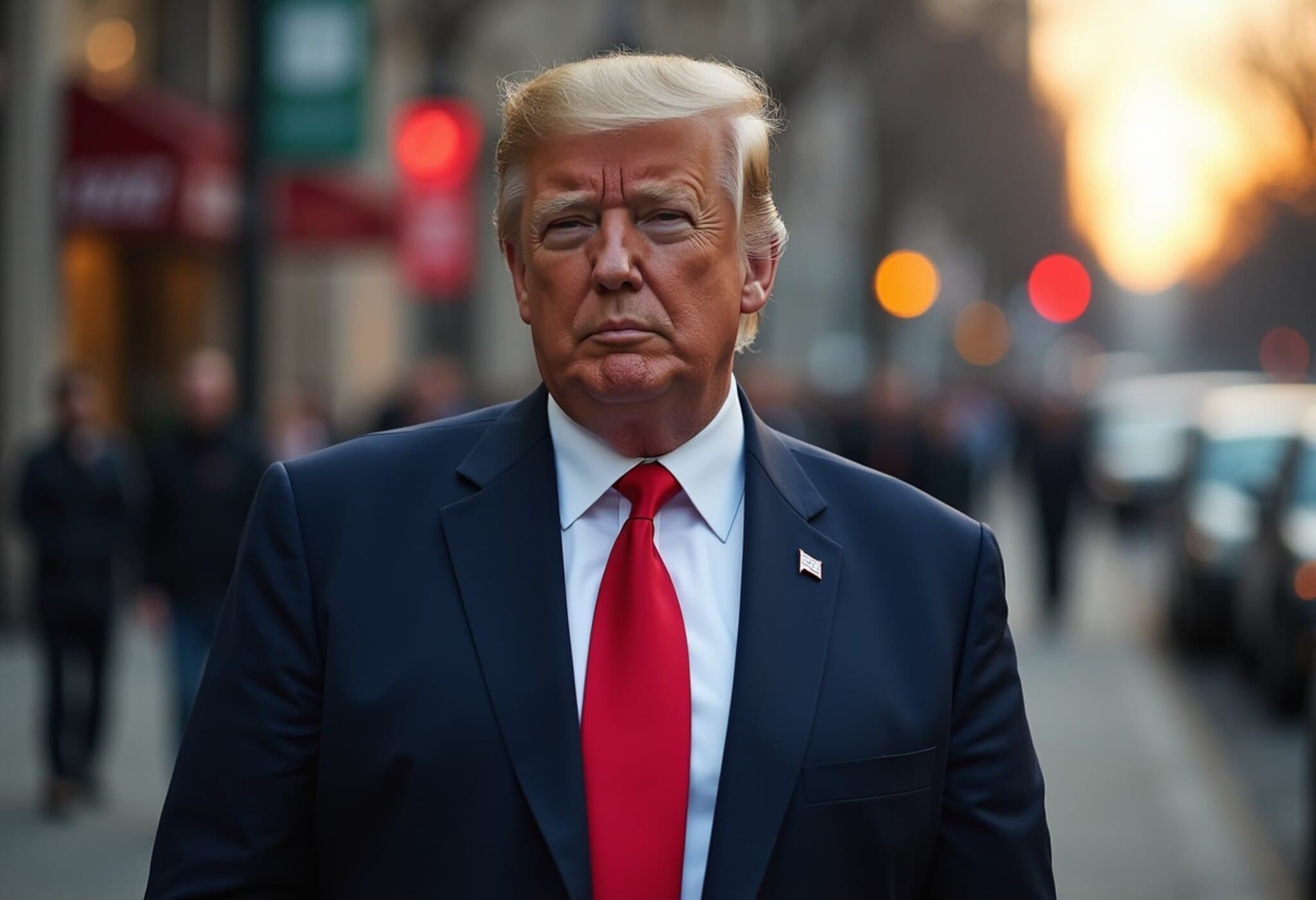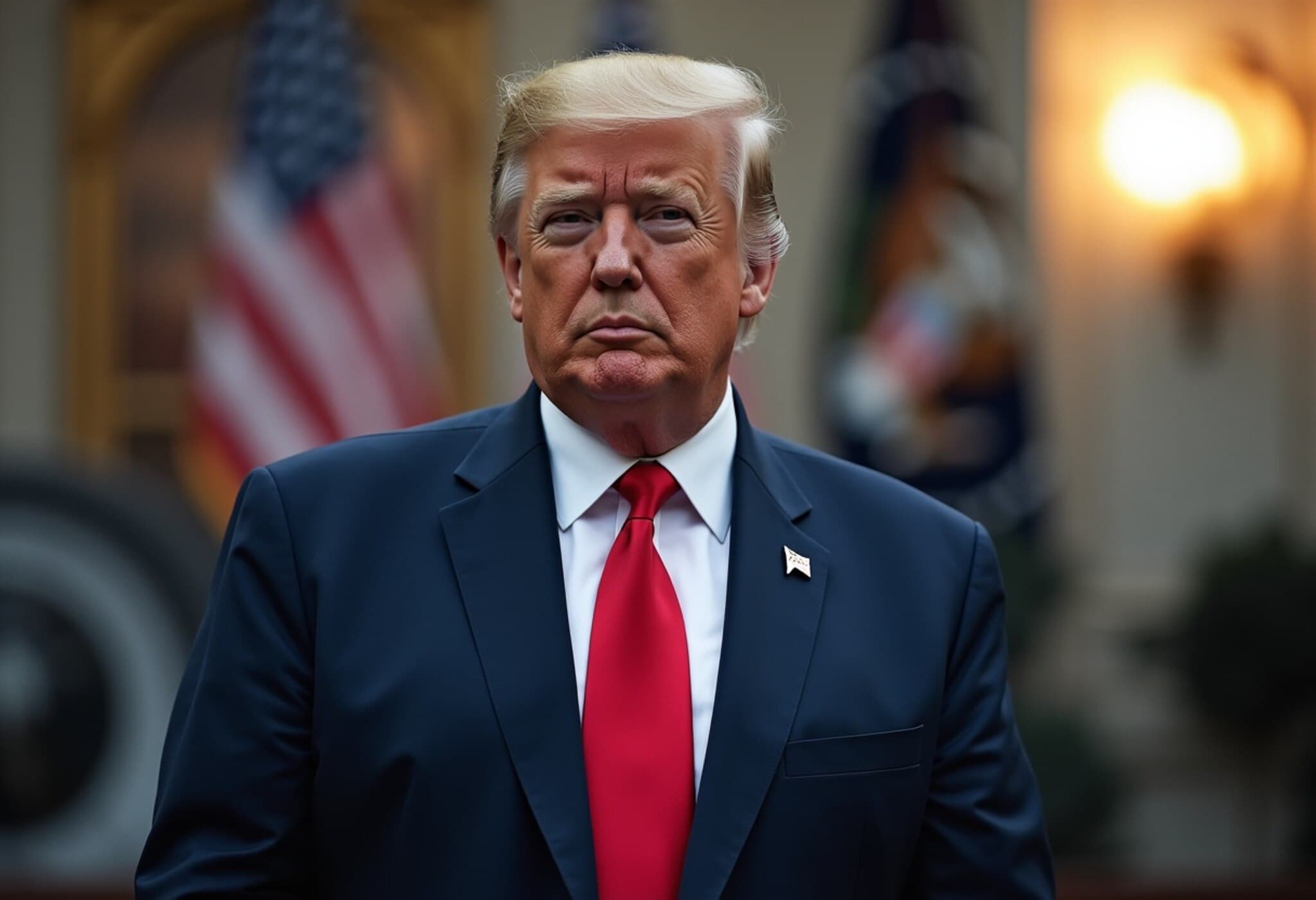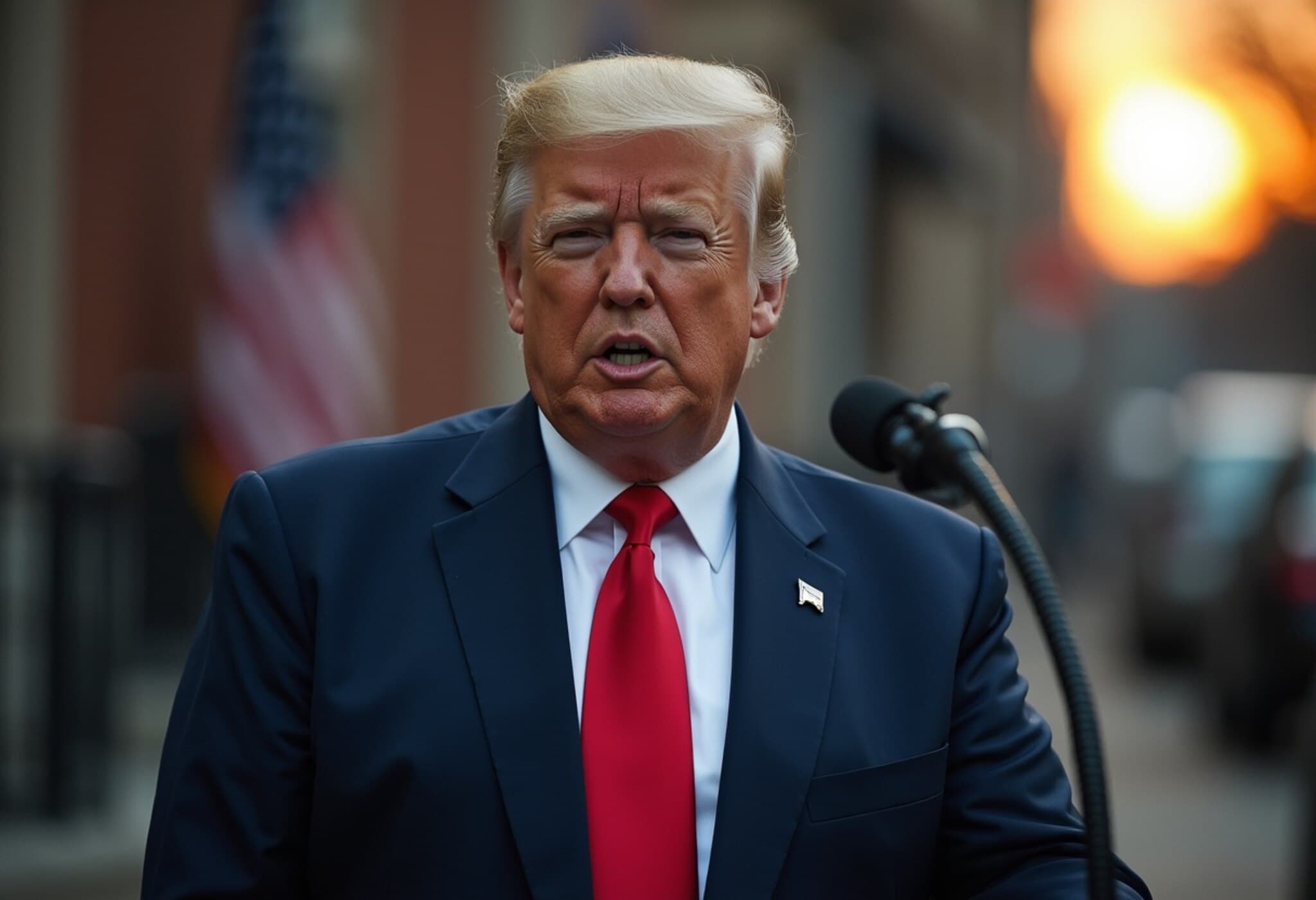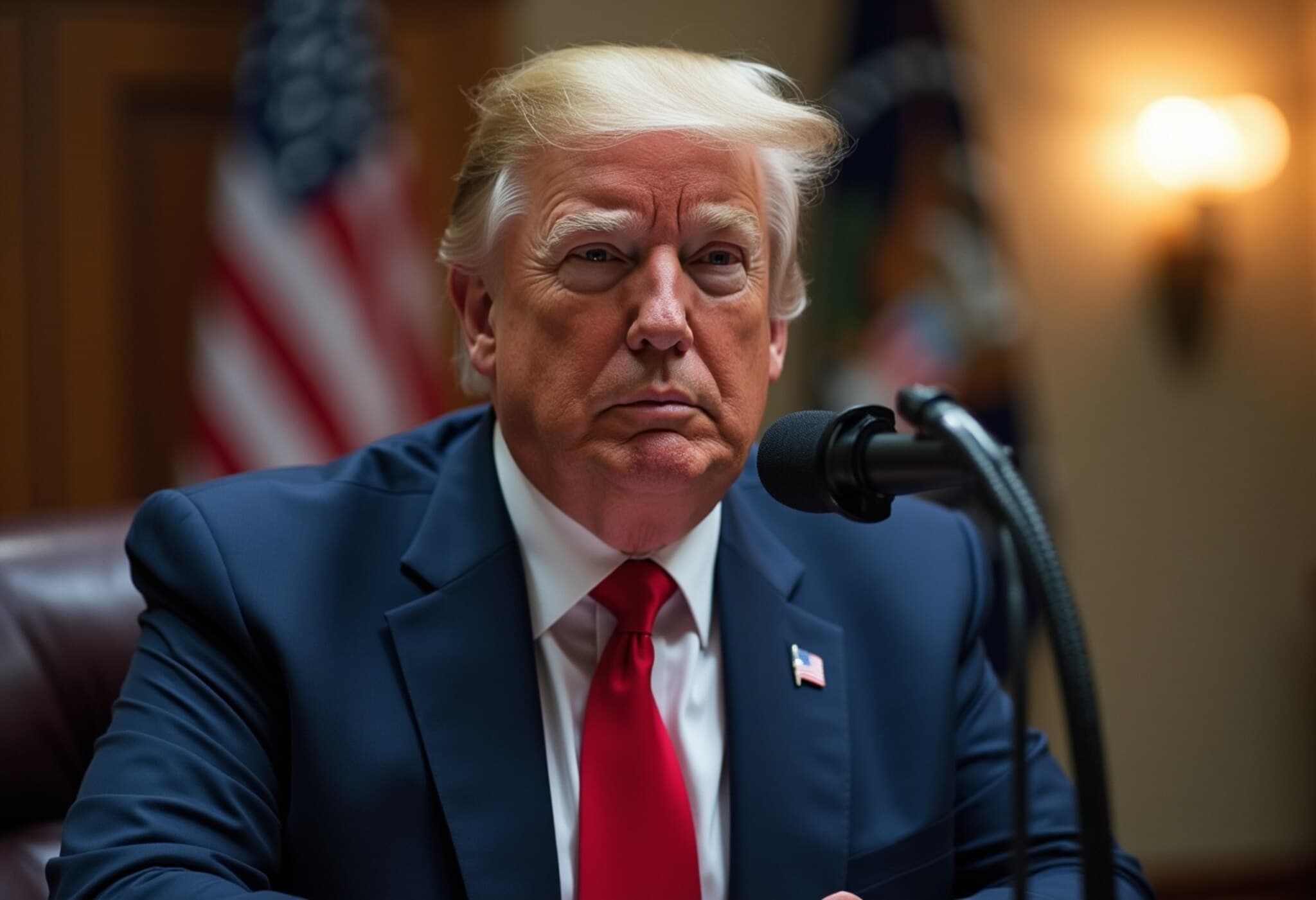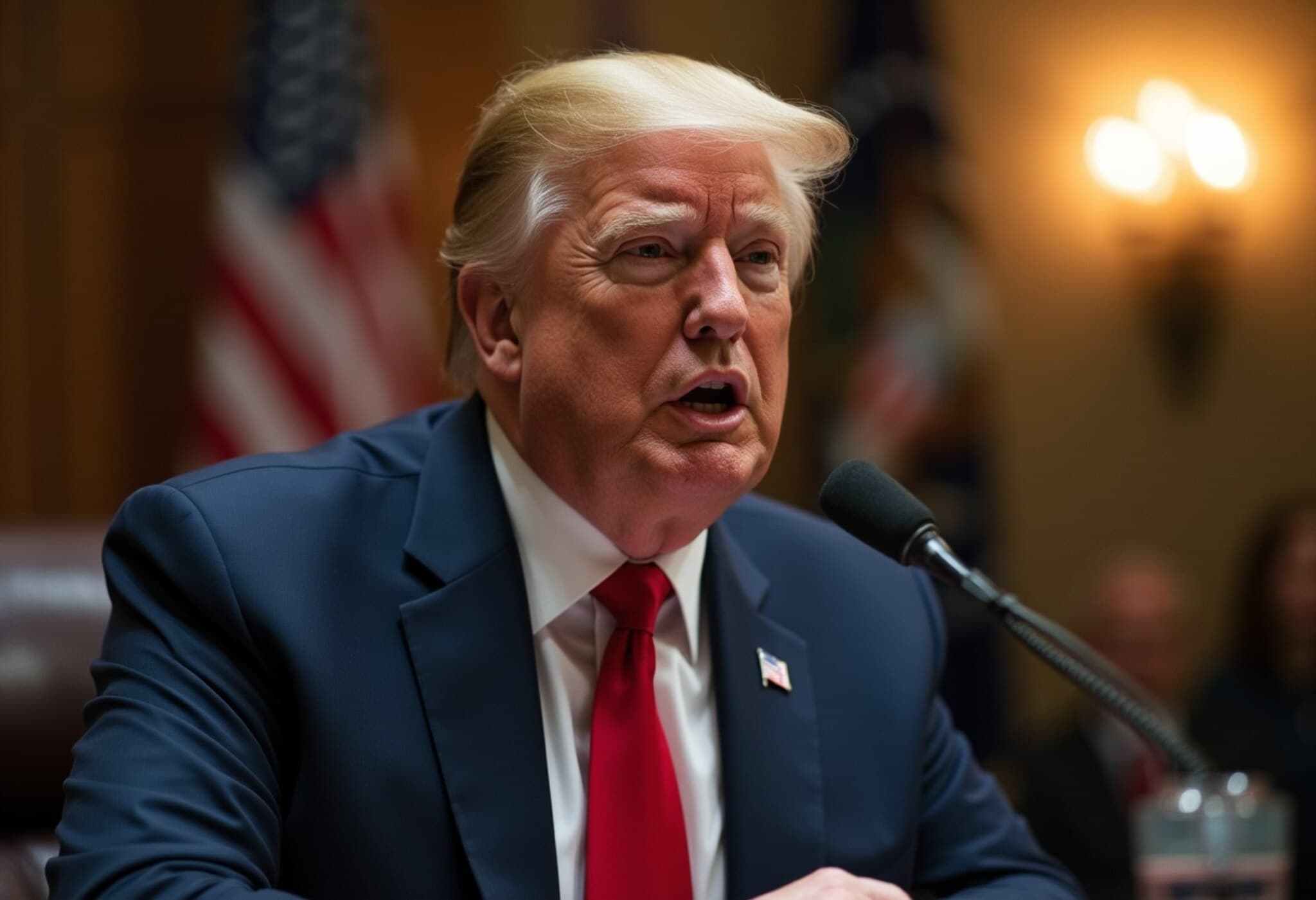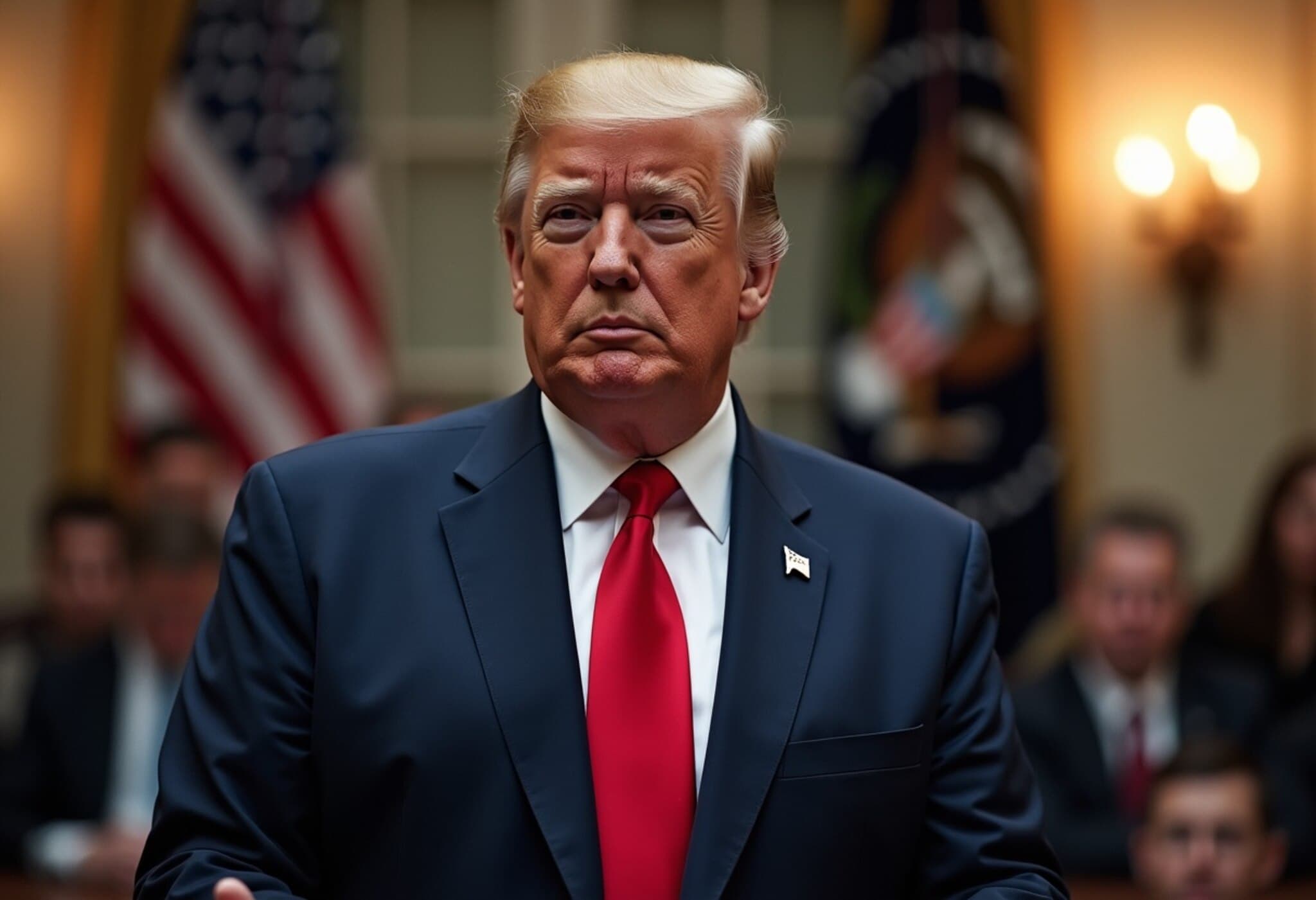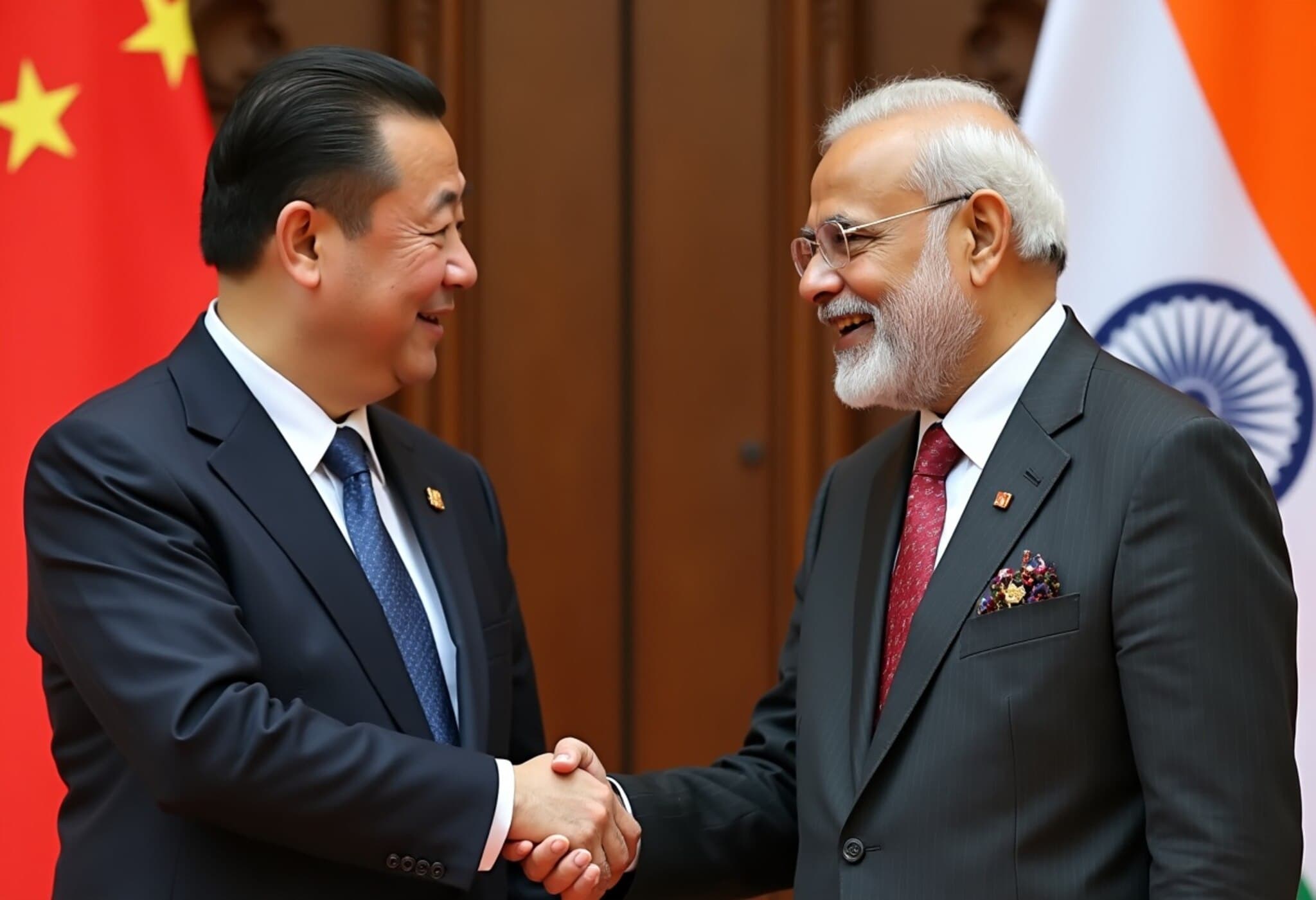Trump Pledges to End Mail-In Voting After Putin's Influence
In a dramatic pivot that has raised eyebrows across the political spectrum, former U.S. President Donald Trump announced his intention to move aggressively to ban mail-in ballots—a voting method he himself and former First Lady Melania Trump used in the 2020 primaries. This controversial plan reportedly follows a recent meeting in Alaska where Russian President Vladimir Putin allegedly urged Trump to crack down on postal voting.
Putin's Unorthodox Role in U.S. Election Policy Debate
According to a Los Angeles Times report, Trump disclosed after his August 2025 meeting with Putin at Joint Base Elmendorf-Richardson in Anchorage that the Russian leader attributed his own electoral challenges to the prevalence of mail-in ballots. Trump shared on Truth Social his ambition to lead a movement aimed at eliminating mail-in voting, a method he has long claimed—without credible evidence—to be susceptible to widespread fraud.
“I will lead a movement to get rid of MAIL-IN BALLOTS,” Trump declared, further criticizing voting technologies as "Highly ‘Inaccurate,’ Very Expensive, and Seriously Controversial."
Contradictions and Questions Raised by Trump's Position
This stance starkly contrasts with Trump’s own 2020 primary behavior when he and Melania both voted by mail. Moreover, his 2024 campaign actively encouraged absentee voting for Republicans impacted by natural disasters. Such inconsistencies deepen skepticism about the underlying motivations of his anti-mail-in-voting crusade.
Legal and Constitutional Boundaries
Experts emphasize that election procedures—including timing, place, and manner—are primarily determined by state legislatures under the U.S. Constitution, with Congress empowered to legislate adjustments but the president lacking direct authority to dictate election mechanics.
Yet, Trump insists the federal government, through the presidency, should direct states on vote counting, asserting: “States are merely an ‘agent’ for the Federal Government in counting and tabulating the votes.” Legal analysts warn such views undermine long-standing principles of federalism and election law.
Pushback from Election Officials and Democracy Advocates
Oregon Secretary of State Tobias Read responded swiftly, accusing Trump of corroding the democratic process. “Mail-in voting meets citizens exactly where they are: in their living rooms and around their kitchen tables,” Read remarked, underscoring how postal ballots enhance accessibility for rural voters, seniors, and hourly workers.
Despite repeated investigations, courts, and election commissions confirming the integrity of mail-in ballots and refuting claims of systemic fraud, Trump continues to challenge these findings. His rhetoric risks fostering misinformation and diminishing public confidence in U.S. elections.
Trump's Executive Actions and Future Plans
Earlier in 2025, Trump signed an executive order restricting the counting of mail-in ballots received after Election Day and sought to implement proof-of-citizenship requirements for voter registration—policies widely criticized as voter suppression tactics likely to face legal challenges.
Currently, parts of this executive order are blocked by courts, but one provision advancing is a revision to federal guidance on voting machines, prohibiting certain barcode technologies deemed potentially problematic. Trump has pledged to unveil additional executive actions before the 2026 midterms but has yet to release specifics.
Contextual Insight: Foreign Influence and Domestic Fallout
The involvement of Putin in shaping U.S. election policies, even indirectly through Trump, highlights complex questions about foreign influence in American political discourse. Contrary to Trump's narrative, U.S. intelligence consistently shows Russia attempted to sway elections in Trump’s favor, not to undermine him.
This tangled relationship spotlights vulnerabilities in how election integrity debates intersect with geopolitical dynamics, propaganda, and partisan agendas, underscoring the risks of legitimizing foreign assertions without scrutiny.
Looking Ahead: The Battle Over Voting Rights and Election Security
As Trump and his allies push forward with efforts to curtail mail-in voting, the American electorate faces pivotal questions about access, security, and democratic norms. Balancing fraud prevention with voter accessibility remains a delicate policy challenge.
- Will Trump’s anti-mail-in voting initiatives reshape state election laws?
- How will courts address executive attempts to influence election mechanics?
- What are the broader implications of foreign leaders shaping domestic election policy debates?
Ultimately, this unfolding saga reflects deep divisions over election legitimacy and highlights the ongoing tug-of-war between expanding voter access and tightening electoral security in American democracy.

